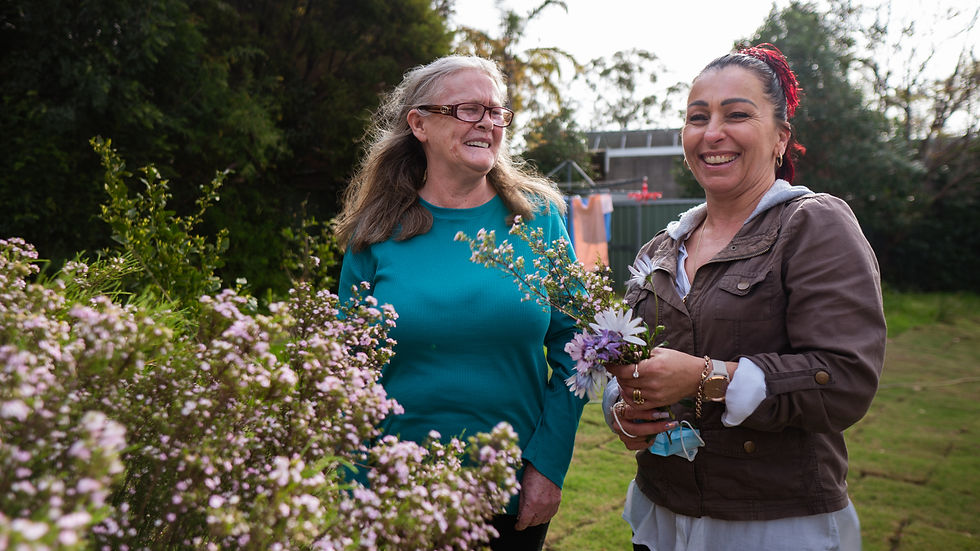What is the NDIS?
- Quality Health Care
- May 3, 2023
- 3 min read
The NDIS, or National Disability Insurance Scheme, is a program funded by the Australian Government that provides financial support and services to people with disabilities. The scheme was designed to improve the quality of life for people with disabilities and to give them more control over their own care and support.
Before the NDIS, disability services were delivered in a patchwork fashion, with different services available in different states and territories. This meant that people with disabilities often had to navigate a complex and confusing system to access the support they needed. The NDIS brought all the services together under a single umbrella which saw a major change to the way disability services had been delivered here in Australia.
The NDIS is designed to provide a more unified and comprehensive approach to disability support. It is based on the principle of individual choice and control, with participants able to choose the supports and services that are best suited to their needs.
One of the key benefits of the NDIS is that it can provide ongoing support to people with disabilities, rather than just providing one-off funding for specific services. This means that participants can access the support they need over a longer period, which can be particularly helpful for people with chronic or ongoing conditions.
Another important aspect of the NDIS is that it is designed to provide more support for people with psychosocial disabilities. This refers to people who have a mental health condition that affects their ability to participate in everyday activities. Under the NDIS, people with psychosocial disabilities can access a range of services, including mental health support, therapy, and community activities.
The NDIS also aims to provide support for families and carers of people with disabilities. This can include respite care, counselling, and other services to help families and carers to manage the challenges of caring for someone with a disability.

How does the NDIS work?
The NDIS is a personalised program that is tailored to meet the individual needs of each participant. When someone applies for the NDIS, they will be assigned a planner or support coordinator who will work with them to identify their needs, goals, and aspirations. They will then develop a personalised plan that outlines the services and supports that the participant needs to achieve their goals.
The plan will be reviewed regularly to ensure that it continues to meet the participant's needs, and adjustments can be made as necessary. Participants can choose how they receive their support, whether it's through a service provider or by self-managing their funds.
Who is eligible for the NDIS?
To be eligible for the NDIS, a person must meet the following criteria:
Have a permanent disability that significantly impacts their daily life
Be under the age of 65 at the time of application
Be an Australian citizen or have a permanent visa or hold a Protected Special Category Visa.
How can the NDIS help people?
The NDIS can provide financial support for a wide range of services and supports, including:
Assistance with daily living activities such as cooking, cleaning, and personal care
Mobility aids such as wheelchairs or walking frames
Therapeutic services such as physiotherapy or occupational therapy
Home modifications to make the home more accessible
Support for education and employment
By providing this support, the NDIS can help people with disabilities to:
Live more independently
Participate more fully in their community
Access education and employment opportunities
Improve their health and wellbeing
Conclusion
The NDIS is an important program that provides much-needed support to people with disabilities. By giving participants more control over their own care and support, the NDIS can help people to achieve their goals and improve their quality of life. If you or someone you know is interested in finding out more about eligibility for the NDIS funding you are welcome to give us a call at Quality Health Care and we can assist you with getting started.
Comments